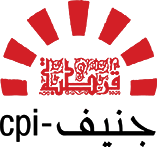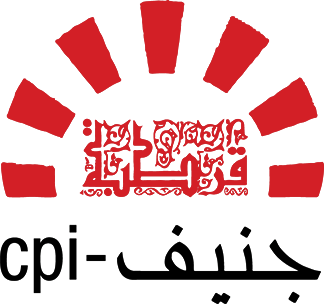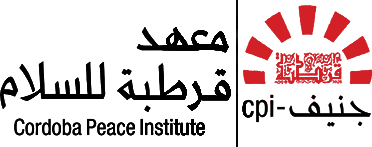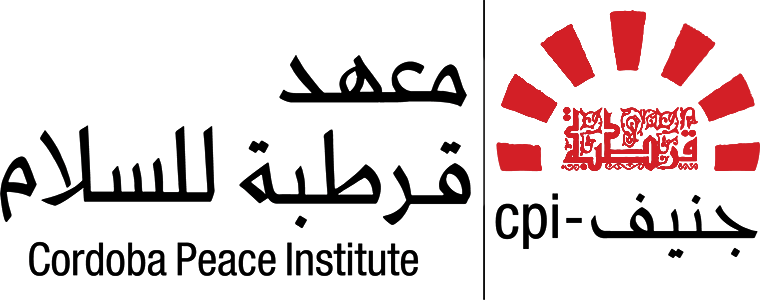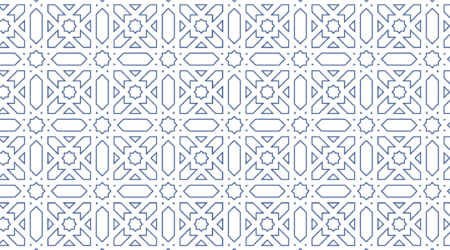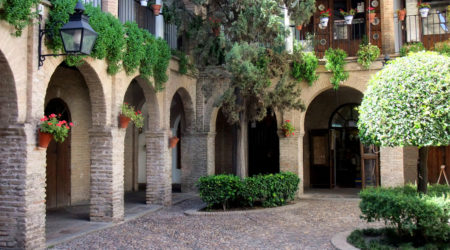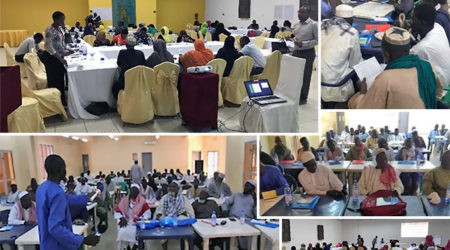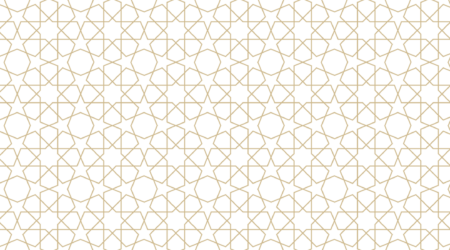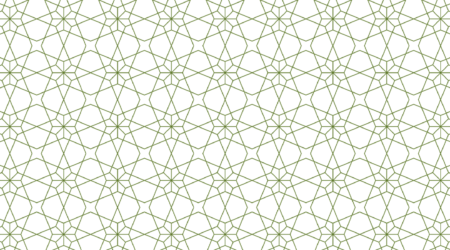Weekly Update 25.11-01.12.2014

1) LIBYA
» 28.11.2014: A Compromise in the Making?
Echoes from Tripoli and Algiers indicate that a compromise for the Libyan crisis may be in the making. There is seemingly talk of a fresh roadmap through which both the General National Congress (GNC) in Tripoli and Tobruk’s House of Representatives would be dissolved. A government of national unity would be formed, to be possibly headed by Dr. Ahmed Maetig, a Tripoli-based businessman who studied Economics in the UK. The process would be overseen by a presidential council that would comprise national figures such as retired judge Nouri Al Abar, former heads of the GNC Nouri Bousehmin, and Ahmed Megerief, and Mustafa Abdaljalil, president of the 2011 National Transition Council. As far as drafting of the constitution is concerned, echoes from Ali Terhuni’s committee indicate that a draft is ready for referendum when conditions allow. These developments, if confirmed, would pave the way towards a resolution of the current deadlock in Libya on the eve of the meeting of Libya’s neighbouring countries in Khartoum on December 4. Ali Salabi, a religious figure in Libya, was in Algiers last weekend and briefed Algerian authorities of developments in Libya.
http://www.elkhabar.com/ar/politique/436892.html
2) TUNISIA
» 25.11-1.12.2014: A President for All? Caid Essebsi Enrages Southern Tunisians.
Beji Caid Essebsi’s statement on a French TV channel, in which he declared that it was thanks to “Ennahdha, Islamists and Jihadi Salafis that Moncef Marzouki managed to go through to the second round of presidential elections” has triggered a string of anti-Nidaa Tounes protests throughout the southern towns of Tunisia. At first ignored by the privately-owned TV & radio stations and even the public TV channels, the protests in Mednine, Tataouine, Gabes, Ben Guerdane etc. dominated the political debate last week. Unlike Ennahdha and Marzouki, Nidaa Touness and Caid Essebsi fared poorly in the recent legislative and presidential elections in the south. Essebsi soon found himself under criticism while his entourage started a PR campaign to control the damage. Nidaa Tounes even nominated a parliamentarian from the south to lead the party’s bloc in the recently elected parliament. Ennahdha’s decision, last week, to uphold its neutrality in the second round was no surprise, since its base has already chosen Marzouki in the first round of elections. Likewise, Afak Tounes and the Popular Front’s pledges to support Caid Essebsi in the second round were a mere formality. Throughout Tunisia’s post-independence history, the south has always been at the heart of social upheaval that has rocked the country. This was the case in the 1984 bread revolt, the 2008 Ben Guerdane protests, and the 2011 Ben Bouzid uprising.
http://youtu.be/-VD2lFhjeoE
http://nawaat.org/portail/2014/11/30/silence-on-manifeste-dans-le-sud/
3) EGYPT
» 26.11.2014 : Possible Poursuite de Membres du Cabinet égyptien et des Services de Sécurité pour Crimes contre l’Humanité
Le 26 novembre 2014, la Haute Cour de Londres a accepté le dossier déposé au nom du parti égyptien Liberté et Justice, bras politique des Frères musulmans, ouvrant ainsi la porte à une enquête pour crimes contre l’humanité visant des membres du cabinet égyptien et des services de sécurité. Le dossier pourrait remettre en cause plus de 30 figures politiques, généraux et autres officiers des forces de sécurité pour crimes contre l’humanité incluant la torture et pour leur implication dans la mort de milliers de manifestants non armés au Caire en août 2013.
https://www.middleeastmonitor.com/news/europe/15497
» 29.11.2014 : Acquittement de Mubarak
La justice égyptienne a annoncé l’acquittement de l’ancien président Hosni Mubarak, de l’ancien ministre de l’intérieur et de 30 conseillers face aux accusations de complicités de meurtres dans les événements de janvier 2011. Mubarak a également été acquitté des charges de corruption. L’annonce de ce verdict a été suivie par de nombreuses manifestations dans plusieurs universités du pays et dans les rues du Caire à proximité de la place Tahrir.
http://www.reuters.com/article/2014/11/30/us-egypt-mubarak-protests
4) YEMEN
» 27.11.2014 : Rencontre Islah-Houthi
De manière tout à fait inattendue, une délégation du parti Islah, bras politique des Frères musulmans au Yémen, a rencontré Abdelmalik al-Houthi jeudi 27 novembre à Saada. Le soir du vendredi 28, le parti Islah annonçait avoir conclu un accord avec le parti Ansar Allah, bras politique des Houthis. Sur son site, Islah a déclaré que cette rencontre avait eu lieu dans le but de renforcer la confiance et la coopération dans la construction de l’Etat et d’appliquer les mesures indiquées par le Dialogue national et l’Accord de paix et de partenariat. Cet accord a surpris la scène politique yéménite, comme il s’est conclu alors que des militants du groupe Houthi attaquaient le siège des institutions et des maisons des dirigeants du Parti Islah dans la capitale Sanaa et ailleurs. Cet accord a reçu un large soutien politique, y compris du Parti du Congrès général du peuple, parti de l’ancien président Ali Abdullah Saleh. Cependant, certains observateurs mettent en doute ce dernier appui car un accord indirect entre les Houthis et Islah va à l’encontre de leurs intérêts.
http://al-islah.net/new/view.aspx?id=8513
http://www.aawsat.net/2014/11/article55338999
» 30.11.2014 : Revendication des Séparatistes du Sud
Face à l’avancée des troupes armées des Houthis, les groupes du sud intensifient leurs revendications de sécession.
http://www.aljazeera.com/news/middleeast/2014/11/southern-yemenis-rally
5) SAHEL
Mali :
» 28.11.2014: Peace Negotiations in Algiers fail to reach Agreement
The last round of negotiations that started on November 20 in Algiers came to an end on November 27 without any agreement in prospect. The discussions were hampered by some red lines that, according to the government of Mali, had not been respected. Representatives from the Azawad Movements Coalition reiterated the necessity to mention the word “Azawad” in the agreement and continued to call for the establishment of federalism and not an enforced decentralization as proposed by the government. Instead of providing comments on the document presented by the mediation team, they came up with a new proposition last Monday, which irritated the government’s representatives. The latter protested that the federalism proposal had not been included in the document of the mediation team and therefore would not be part of the discussions. In addition, they deemed this proposal unacceptable and a threat to the integrity and unity of the country. In the same manner they considered as red lines the issues of the Republican character and secularity of the State. Despite the absence of agreement and the closure of this phase of negotiations, both parties insisted that they remained open to the peace process and that a new round of negotiations could start next January.
http://maliactu.net/mali-negociations-de-paix-ibk-a-t-il-echoue/#sthash.keFFoPJO.dpuf
http://fr.africatime.com/mali/articles/moussa-ag-acharatoumane
Mauritania :
» 28.11.2014: Mauritania Independence Day: 54 Years on the Identity of the State is still Contested
Mauritania celebrated last Friday its 54th independence anniversary. Beyond the official festivities, the national agenda has been dominated recently by the issue of diversity and citizenship within the social and political structure of the state. Two weeks ago Biram Dah Abeid, leader of the IRA movement for the rights of Black-African Mauritanians and candidate in last May’s presidential elections, was arrested and detained while leading a march demanding an end to what his group consider to be slavery practices in the quasi-feudal peasantry system in Mauritania. Several op-eds on the class system, power and wealth sharing have been published in the last couple of weeks. The ruling party and other NGOs in its orbit have launched PR initiatives to consolidate national unity and social cohesion. The Arab-Black ethnic divide together with the stratified social system are extremely sensitive issues in Mauritania. The participation of Biram Dah Abeid in Barak Obama’s US-Africa Summit in Washington a few months ago has heightened concerns in Nouakchott that the legitimate grievances of Black Mauritanians might serve as a pretext for foreign meddling in the country’s domestic affairs.
http://www.saharamedias.net/a24274.html
» 27.11.2014: A Salafi Political Party in Mauritania
On November 27 the Authenticity and Revival Front has become the first Salafi political party to seek legal recognition from the authorities. Sheikh Mahfoud Ould Idoumou, leader of the party, told a Mauritanian news agency that his group aims to be “a qualitative addition to the Mauritanian political landscape and contribute to the national interest of the people and the country”. Discussions within Mauritanian Salafi circles about embracing political participation were motivated largely by the 2011 uprisings and the creation of Salafi political parties in Egypt, Tunisia, Libya, and Yemen. Sheikh Ould Idoumou played a key role in the 2010 dialogue initiative. Ould Idoumou believes a Salafi political party will provide a means for Salafi youth to participate in the construction of society in a peaceful manner.
http://www.alakhbar.info/news/7005-2014-12-01-15-17-33.html
Niger :
» 27.11.2014: Influx of Refugees from Nigeria in North-Eastern Niger
Repeated attacks from Boko Haram in the North-Eastern part of Nigeria – the last one took place in Dammasak last Fiday – have led to a massive displacement of populations towards Niger. As a result of the influx of refugees, authorities from the region of Diffa are considering the possibility of opening refugee camps with the support of UNHCR. It is estimated that 115,000 Nigerians have sought asylum in this region, which has a population of 600,000 inhabitants. Among them, 10,000 arrived in only three days, between 24 and 26 November. The governorate also took a series of security measures against potential assaults from jihadist groups.
Chad :
» 27.11.2014: Regional Conference of Religious Leaders against Violent Extremism
A regional conference of religious leaders (Muslims, Protestants and Catholics) was launched in N’Djamena last Thursday. The focus of the discussions was violent extremism, religion and the promotion of peace. Delegations came from 7 countries: Cameroun, Mali, Niger, Nigeria, CAR, Sudan and Chad. Participants exchanged their experiences related to peace and pacific coexistence. They also reflected on the challenges for the establishment of a durable peace in Africa against religious fundamentalism. A call for solidarity between the different religions was sent, as well as messages of peace, tolerance, pacific coexistence and unity.
The views and perspectives contained in the Weekly Update are from individual contributors and external sources, and do not necessarily reflect the opinions or position of the Cordoba Foundation of Geneva. The links are neither intended as an endorsement of particular publications nor the only source for the updates, but to connect to information in the public domain, for those interested in background or further details.
